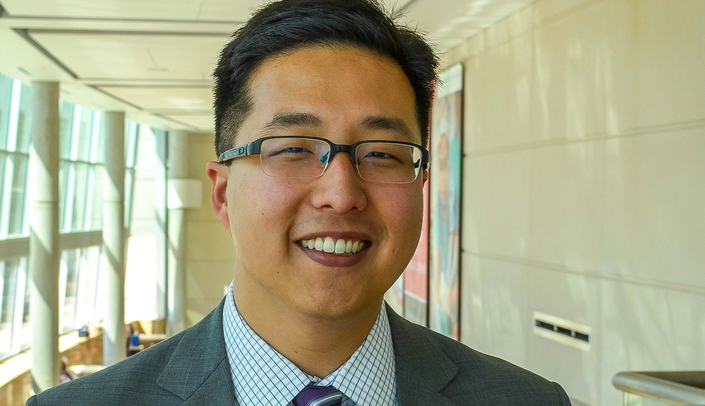The Behavioral Health Education Center of Nebraska (BHECN), recently released its legislative report that highlights a nearly 15 percent increase in behavioral health providers in Nebraska from 2010 – 2016.
Increasing the number of behavioral health providers in Nebraska, especially in rural and frontier areas, can have a major impact on access to mental health services.
“Rural families may have to travel long distances to see a provider or may only have access to a primary care doctor in their community,” said BHECN Director and Child Psychiatrist Howard Liu, M.D. “It’s crucial to address mental health concerns as they arise, so improving access is a priority.”
- In Nebraska, 88 of 93 counties meet federal criteria for Mental Health Professions Shortage Areas designation;
- 32 counties lack a behavioral health provider of any kind; and
- The behavioral health workforce is aging, with more than 50 percent over the age of 50.
“The good news is we are experiencing healthy trends in our workforce growth, and we are dedicated to continuing the momentum with proactive and innovative programs for students, trainees and professionals,” added Dr. Liu. “We are paying particular attention to growing providers in rural, frontier and urban underserved areas of the state.”
Through strong partnerships with academic programs, state government and community partners, BHECN has leveraged state funding and federal grants to connect trainees with training opportunities, especially in rural and underserved communities.
“Collaborating with BHECN on workforce strategies is essential to ensuring Nebraska has enough well-trained behavioral health specialists and health providers to treat individuals with mental illness and substance use disorders,” said Sheri Dawson, director of behavioral health, Nebraska Department of Health and Human Services. “Since there is no health without behavioral health, growing the behavioral health workforce ultimately provides improved access to prevention, treatment, and recovery for all Nebraskans.”
“We are cultivating providers in the state through student pipeline programs,” Dr. Liu said. “Creating meaningful experiences for college and graduate students to shadow behavioral health providers is a key strategy. We place behavioral health trainees in clinical rotations and internships reaching all corners of the state to help shape their careers and to encourage them to work in Nebraska.”
Integrated behavioral health clinics (primary care clinics integrated with a behavioral health provider), psychiatric hospitals and community-based centers serve as training sites for multi-disciplinary trainees.
In support of the existing workforce, BHECN provides live and online training to clinical providers, educators, trainees, community organizations and individuals.
In 2017, BHECN completed its third annual School Mental Health Conference, connecting statewide educators, administrators and providers with best practices in policy, teacher training, and behavioral health services for children and adolescents. BHECN also orchestrated an annual Psychiatric Nursing Workforce Summit to lead discussions on growing psychiatric nurses in the state.
With state and private funding, BHECN also continued work on a free jobs website, NebraskaBehavioralHealthJobs.com, connecting behavioral health employers in Nebraska with job seekers. The site received more than 125,000 page views in its first two years.
New initiatives include programs that target high-need populations in Nebraska. This includes training behavioral health interns in correctional sites, establishing free statewide education related to opioid addictions, and leveraging community partnerships to grow Spanish-speaking behavioral health providers.
For more information about BHECN, or to view the legislative report, visit https://unmc.edu/bhecn/.
About BHECN
The Behavioral Health Education Center of Nebraska (BHECN), pronounced “beacon”, was established in 2009 by Legislative Bill 603 to improve access to mental health and substance abuse services, commonly referred to as behavioral health services, for all Nebraskans through development of a skilled workforce. It is a unique partnership among the state legislature, academic institutions, and community partners to create a statewide workforce solution for the shortage of licensed behavioral health professionals. For more information about BHECN, visit www.unmc.edu/bhecn.
